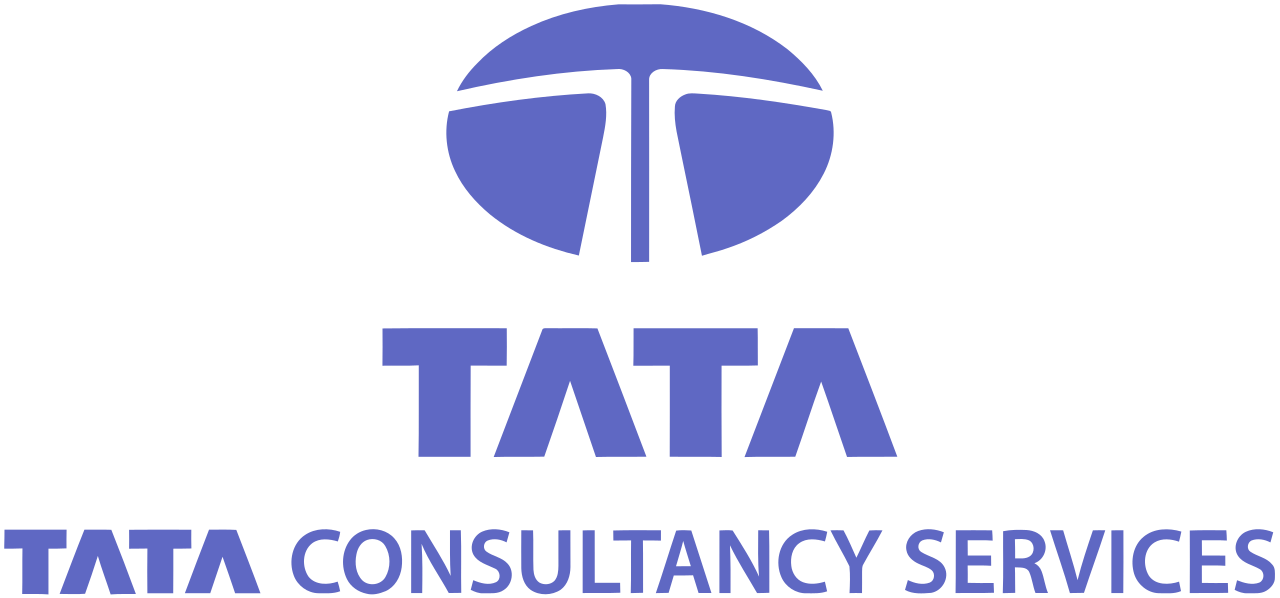TCS Implements first-of-its-kind Cognitive Automation solution for Pharmacovigilance
Mumbai: Tata Consultancy Services, a leading global IT services, consulting and business solutions organization, is pleased to announce that it has successfully implemented a first-of-its-kind cognitive automation solution named TCS ADD Safety, that leverages the TCS Decision Fabric Artificial Intelligence engine, for a global pharmaceutical company.
The unique AI-based TCS ADD Safety solution has the ability to radically transform the Pharmacovigilance (PV) process. Presently, pharma organizations spend millions of dollars on intake and processing of Adverse Events. The adverse events are reported in Clinical Report forms or other documents with comments written in natural language and in an unstructured format. These documents are read, triaged and logged by humans manually, thus significantly increasing the overall process time.
The TCS ADD Safety solution automates case intake and processing of adverse events by converting natural language data into structured database format, thereby enriching data quality. It also provides ability to pull data from multiple sources and facilitate improved surveillance quality. Additionally, the solution possesses a unique learning module that helps the Decision Fabric engine to learn new ontologies, mapped in strict accordance with GxP guidelines. With this transformation, the customer would be able to accrue substantial reduction in cycle time by expediting the case intake and processing efforts through automation. Logging and triaging of cases can now be completed in less than 24 hours, irrespective of volume spikes. In addition, the solution also enables significantly higher accuracy to the PV process in comparison with the manual approach, thus ensuring improved safety to patients.
“We are delighted to partner with our customers to implement a cognitive automation solution that will radically transform Pharmacovigilance globally and enable case processing operations to work in tandem with ‘intelligent machines’, thereby meeting business and regulatory requirements effectively and efficiently,” said Debashis Ghosh, Business Group Head, Life Sciences and Healthcare, TCS. “With our deep knowledge of the life sciences industry coupled with Machine First™ Delivery Model (MFDMTM), we are continually expanding our capabilities by adopting next-gen technologies, to help our customers digitally transform critical elements of their clinical R&D value chain.”
In addition, for the customer, TCS enabled change management in the established business process by integrating TCS ADD Safety in BAU operations without any disruption. Business users underwent adequate training to work collaboratively with the solution and novel skill development programs were established to enrich the existing digital skills of business users. Documentations too were tailored to accommodate this change and new Standard Operating Procedures (SOPs) were created to support the transformed business process.

